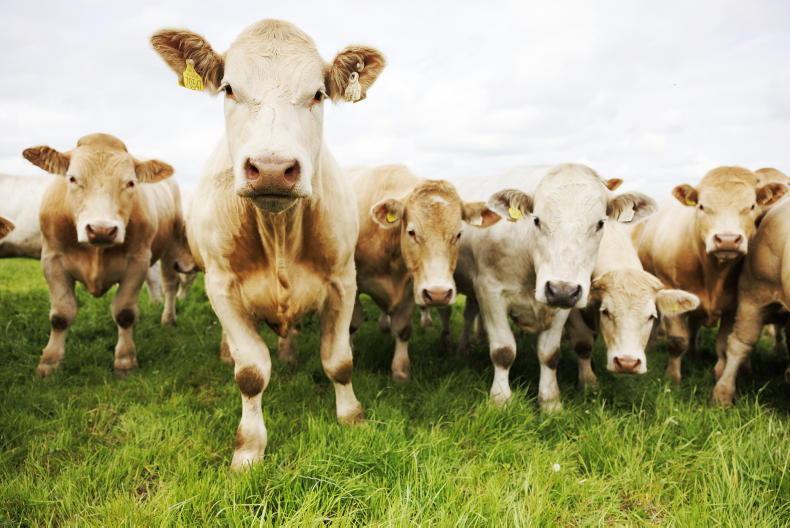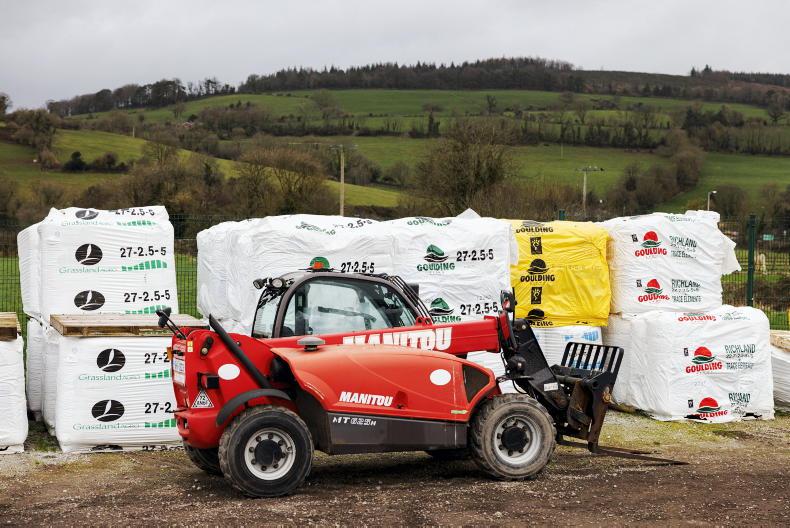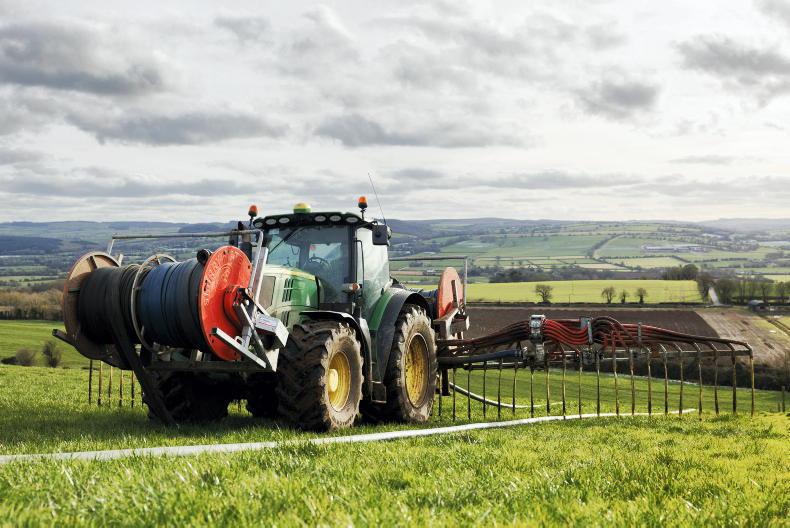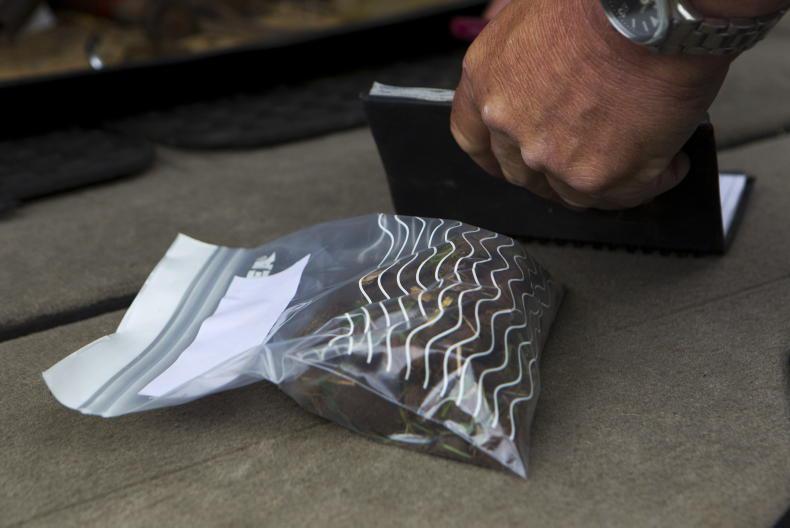The European Commission was probably acting under pressure from policymakers to include the possibility of a stocking rate cut for derogation farmers in Ireland’s nitrates plan up to 2025, a senior Department of Agriculture official has claimed.
The Department had argued that time would be needed to measure the impact of new cow banding and slurry export rules on water quality and that this impact should be known before a decision is needed on reducing maximum derogation stocking rates from 250kg N/ha to 220kg N/ha.
This decision will be made later this year as part of the midterm review of the nitrates action plan.
Speaking at an Irish Farmers Journal nitrates information meeting in Cavan on Tuesday, Department senior inspector Ted Massey said that while he and other Department officials did not agree with the move from 250kg to 220kg, it was the best deal they could negotiate with the Commission at the time.
“Myself and my predecessor, Jack Nolan, met the Commission and we had a very robust exchange of views last February on this issue and the Commission responded to us: ‘We don’t have time to wait’,” Massey said.
“They were looking at that water quality data going the wrong way and they were probably under political pressure that they could not grant us a derogation to say continue as normal.”
According to the inspector, ?“some or potentially all” parts of the country are in the firing line for lower stocking rates for intensive farmers.
“We can argue it is not scientifically based, that it is a political decision from the Commission.
“It is something they insisted upon us and when they presented that to us originally, they were proposing a figure much lower than 220 [N/kg],” Massey commented.
“So, however bad 220 may be, it could have been a lot worse.
“We negotiated it up to 220, we got the best deal we feel we could achieve,” he said. Watch back: Irish Farmers Journal nitrates meeting.
Hundreds of farmers attended information meetings hosted by the Irish Farmers Journal which featured speakers from the Department of Agriculture, the Local Authority Waters Programme (LAWPRO) and the IFA.
Here’s a chance to catch up with what was heard and seen at the meetings.









SHARING OPTIONS